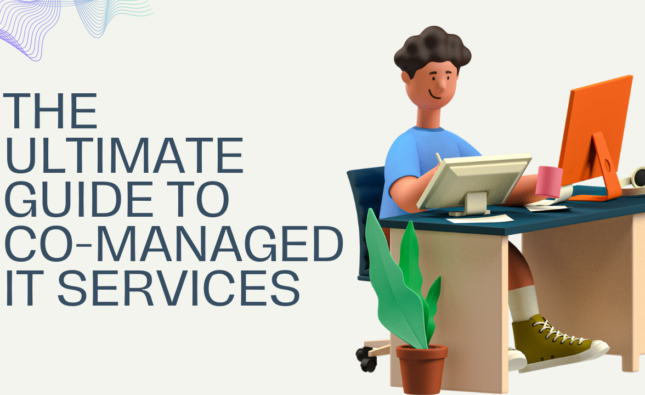The “hustle culture” is a mindset that places a strong emphasis on working hard and never stopping in the pursuit of achievement. This may sometimes take the shape of a typical life of getting up at five in the morning, running a marathon before taking a cold shower, and managing three enterprises at the same time.
All of this frequently comes at the price of one’s own wellbeing as burnout has been booming in the 21st century. Thankfully, more Generation Zers have resisted this poisoning mostly thanks to the pandemic which brought a halt to the frenetic rhythm of capitalism for most of the world, but also thanks to a change in the mindset of young workers.
The story of hustle culture perpetuates the notion that there is always more to aim for, including more money to make, a more important position or promotion to get, and a higher ceiling to reach. And still for many, these ideas remain real objectives and see benefits to ripe from this culture, such as increased productivity, motivation or professional success.
But some have nonetheless experienced pressure from this impact, frequently to the cost of other aspects of their lives: Stress and anxiety levels rising and an absolute lack of work-life balance.
So, are we looking into a new way of living in working environments?
People have been pulling back and rejecting hustling culture since COVID-19. They are not willing to put in the pointless labor and are putting boundaries between themselves and harmful narratives.
Twenty percent of US workers stated in a Prudential.com survey that they would be willing to accept income decreases in order to have a better work-life balance in 2022. Many individuals had already prioritized or were contemplating prioritizing their personal lives above their jobs and professions.
One way of looking at work is that it provides employees with two types of rewards: cash, which is well-known, and meaning and community, which are less well-known. When someone works just for compensation, they view themselves more as an asset than as a human being, and they spend a large portion of their adult life trying to get money out of this asset. It’s an alienating way to live, and it can make someone affluent but not well.
But the hustle culture won’t exactly fade away from work life.
Of course, hustle culture hasn’t completely disappeared. Even those with significant power are instances of people who continue to support and adhere to the rise-and-grind philosophy.
One of the biggest educational technology businesses in India, Unacademy.com, has its vice-president of design Hardik Pandya, as one fervent defender of “hustling”. He stated in a that “people who don’t work on weekends haven’t really tasted how amazing work can be”. The tweet he shared had a whooping 1.2 million views and sparked a great debate on social media.
Overall, though, analysts claim that the pursuit of universally applicable professional milestones and unceasing labor have lost some of their cultural allure.
Then how can we juggle between a healthy work-life balance and professional achievement?
Prioritize your chores by significance and urgency and concentrate on the most crucial ones first. This will enable you to work more productively and prevent being bogged down by a lengthy to-do list. There will always be boxes to check and tasks to do in our constantly connected, always on world. Making a list of your top priorities can help you take control of your day instead of letting it run you.
Taking regular pauses during the day can aid in mental renewal and help shield you from burnout. We don’t function like parts on a machine. Taking little breaks to stretch, move about, or breathe in some fresh air might help you be more focused and productive.
And each person’s brain is different. Some may find stimulating to take time to do other types of activities such as reading a book or watching a short video in order to disconnect and recharge batteries. Others have found a haven in iGaming, and engaging in online casino games that are so simple that they barely need any understanding of rules to find their enjoyment. Platforms like Bonuses.com are fostering the access to casino games by providing players with special offerings and promotions all in one place so more people can get to enjoy the benefits of games like poker or slot machines.
Better lives are meant to be made possible by work, not the other way around.

















